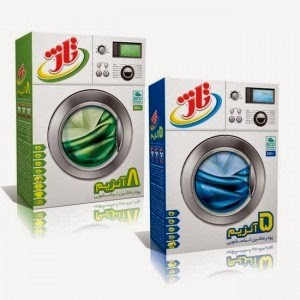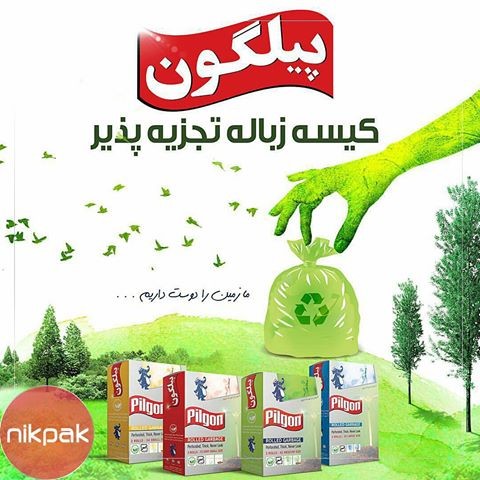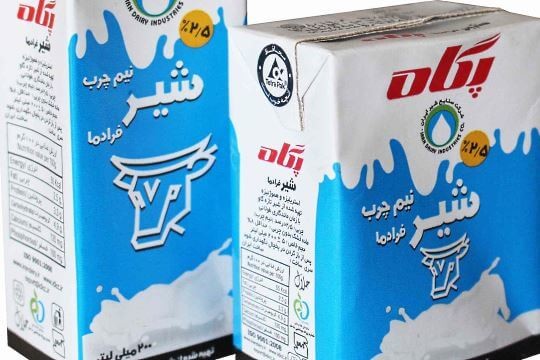Market segmentation of green consumers in Iran
- neda nahid

- Nov 25, 2017
- 2 min read

We live in a world of rapidly expanding communications options and shifting consumer information preferences. Consumers, especially the young generation, are turning increasingly to the Internet for consumption-related information. There has been a growing interest among younger consumers in safeguarding the environment and various forms of green marketing. Green marketing refers to the process of selling products and/or services based on their environmental benefits. For consumers, it means terms like eco-friendly, sustainable, organic or reducing a carbon footprint.
To position, a brand as an Eco-Friendly is not easy; especially when many brands have introduced themselves as environmentalists. In the following, few things can be done by eliminating your environmental damage and showing your environmental endeavors to your audience base your branding on this basis. The first step in becoming an environmentally friendly professional is to find out what product is considered as a green product.
A product may be considered ―green if it:
Conserves water and energy
Prevents contributions to air, water and land pollution
Protects indoor air quality
Uses renewable, responsibly sourced materials
Produces little environmental impact
Is manufactured in an environmentally conscious way
Using one’s own bag, rather than a plastic carrier provided by a shop.
Why is green marketing is considered by most marketers?
It seems that consumers are becoming more aware and more interested in the environment and companies are venturing into green marketing because of the following reasons:
The growing level of environmental awareness among consumers led to the creation of a sizeable segment for green marketers to cater to. Here are examples of brands in Iran:
#1 Tage 8 & 5-Enzyme Eco-Friendly Washing Powder
Product Groups: Detergent and Fabric Care - Laundry detergent
Environmental considerations:
• Quick solubility in washer followed by low foaming to protect washer
• With a phosphate-free formula to conserve the environment
#2 Pilgon
Product Groups: Plastic Products
Environmental considerations:
• Biodegradable Plastics
• Recycled Plastics
#3 Kimia Samaneh Sabz Co. (Amelon)
Producer of herbal disposable dishes based on cornstarch.
Industry: Food packaging
Environmental considerations:
• Biodegradable pioneers green technology, new systems to produce disposable plant
#4 Tavris
Producer of shopping bags, shoulder bags, cotton bags and in laminated PP woven, PP nonwoven, colored nonwoven, pet materials.
Environmental considerations:
• Eco-friendly, Non- toxic
• Reusable bags
#5 Pegah Golpa Dairy
Environmental considerations:
• Recycled & Eco-friendly Packaging material
























Comments